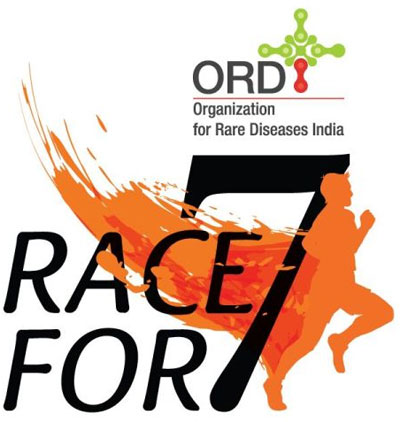Sanofi Specialty Care, which has a portfolio of drugs for rare diseases, has received a recommendation from the Subject Expert Committee of the Drugs Controller General of India (DCGI) to import and market two new products in India — Nexviazyme® (Avalglucosidase alfa powder) and Xenpozyme™ (Olipudase alfa powder) for Pompe disease and Niemann-Pick disease (ASMD) respectively, Anil Raina, General Manager told The New Indian Express.
These drugs are likely to be launched in India by end of 2023 or beginning of next year, subject to all required regulatory approvals, he said.
Speaking to TNIE, Raina , who is heading the specialty care business of Sanofi for India and South Asia that includes rare diseases and multiple sclerosis, said Sanofi Specialty Care has six therapies for five rare diseases, including two therapies for the same disease — Pompe disease. They are also planning to enter newer therapy areas and are in the process of doing Phase III clinical trials in multiple disease areas.
“There are more than 7,000 different rare diseases, collectively affecting over 350 million people around the world. Only 5-6% of the known rare diseases have a treatment option. In India, while there are close to 500 identified rare diseases, the DCGI’s approved treatment is currently available for only a few of them, including diseases like Gaucher disease, Pompe disease, MPS I and Fabry disease,” said Raina
Sanofi’s Rare Humanitarian Programme is the first initiative of its kind for people with lisosomal storage disorders (LSDs). The programme provides access to free treatments for patients who otherwise would not have access to such treatments.
“We have since expanded support to five additional LSD communities, which includes Fabry disease, Pompe disease, acid sphingomyelinase deficiency (ASMD), and mucopolysaccharidoses (MPS) types I and II,” Raina added.
The India Charitable Access Program (INCAP) is part of Sanofi Genzyme’s global humanitarian programme, through which it provides free treatment to patients in India afflicted with LSDs — Gaucher, Pompe, Fabry and MPS Type I. The humanitarian program in India began in 1999, even though Genzyme (at that time) did not have a local presence, then.
“Since its establishment, the programme has provided treatment to more than 3,500 people across 100+ countries. Today, there are more than 1,000 people active in the programme, out of which over 170 patients are from India,” said Raina.
Notably, more than 350 million people around the world are affected by diseases that are so rare that they are difficult to diagnose and treat. Patients and their families can endure a long healthcare journey involving tests, misdiagnoses, and consultations with specialty doctors.
“Sanofi research and development teams are dedicated to shortening this journey by delivering sustainable, transformative healthcare options’l said Raina.



